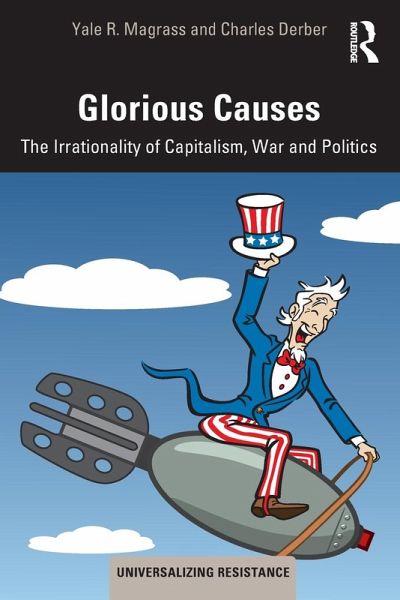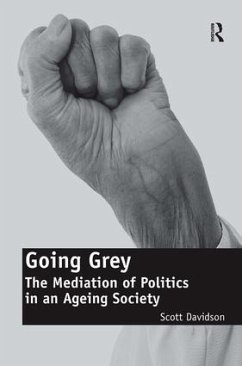
Glorious Causes
The Irrationality of Capitalism, War and Politics
Versandkostenfrei!
Versandfertig in 1-2 Wochen
51,99 €
inkl. MwSt.
Weitere Ausgaben:

PAYBACK Punkte
26 °P sammeln!
Drawing on historical cases of the American South before and after the Civil War, Europe & Germany between the world wars, and the U. S. in Vietnam, this book takes a historical approach to explain the problems of capitalism and leadership in western democracies today.














